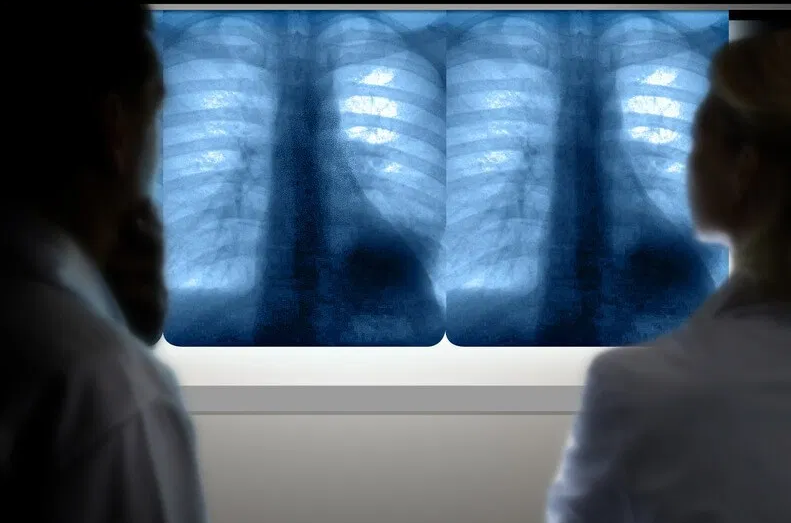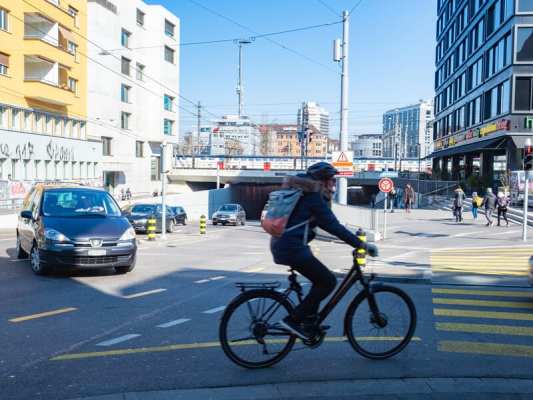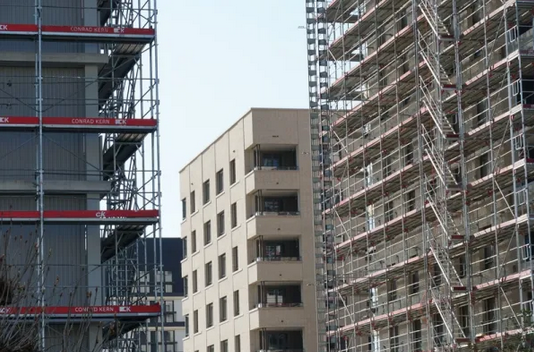Tag Archive: Editor’s Choice
Geneva’s 2020 budget 590 million francs short
Next year the canton of Geneva plans to spend CHF 9,143 million. However, forecast revenue is only CHF 8,553 million, leaving a shortfall of CHF 590 million, according to a cantonal government press release. The canton’s finances have been hit hard from both sides.
Read More »
Read More »
Swiss upper house rejects parental leave plan
Switzerland’s government been grappling with the politics of extending universal tax-funded parental leave for a number of years. Some are pushing for paternity leave for fathers and others for a shared pool of parental leave, which mums and dads can apportion.
Read More »
Read More »
Tobacco consumption costs Switzerland 5 billion francs a year
Health care in Switzerland is funded by a mixture of taxes and health insurance premiums. Much of the insurance premiums paid are compulsory with no discounts offered to non-smokers. According to figures recently published by the Swiss association for smoking, the annual direct medical costs of smoking are CHF 3 billion (2015), or CHF 350 per person.
Read More »
Read More »
Housing vacancies rise in 20 Swiss cantons
Recent figures show an annual 4.2% rise in the number of vacant homes in Switzerland, extending a trend that started 10 years ago, according to the Federal Statistical Office. At the start of June 2019, there were 75,323 vacant homes, representing 1.66% of Switzerland’s total stock of homes.
Read More »
Read More »
New 100 Swiss Franc Note Coming Soon
The note’s design is inspired by Switzerland’s tradition of humanitarianism, represented on the note by water. The note remains blue but is much smaller than the existing one, making it easier to fit into wallets.
Read More »
Read More »
Most Swiss Election Candidates Favour Raising Retirement age to 67
A majority of the candidates putting themselves forward for election as federal parliamentarians on 20 October 2019 favour raising Switzerland’s retirement age to 67, according to a survey done by Smartvote and reported in the newspaper NZZ am Sonntag.
Read More »
Read More »
Swiss Trade with Much of South America should Soon be Tarif Free
A deal agreed between EFTA and the South American Mercosur bloc, which includes Argentina, Brazil, Uruguay and Paraguay, with a combined population of 260 million, is close to signing. EFTA includes Iceland, Liechtenstein, Norway, and Switzerland. Under the deal, 95% of Switzerland’s CHF 3.6 million annual exports to the bloc would be tarif free.
Read More »
Read More »
Swiss unemployment down in second quarter of 2019
In the second quarter of 2019, the percentage of Switzerland’s population working rose by 1.1% and the percentage unemployed fell to 4.2%, based on the higher International Labour Organisation’s (ILO) measure. In the second quarter of 2019, 5.1 million people were working in Switzerland, 60% of the population. The number working rose 1.1% compared to the previous year, particularly among women (+2.0%).
Read More »
Read More »
Swiss health insurers to send patients to pharmacy first
Swiss healthcare is typically ranked the world’s second most expensive, as a percentage of GDP, after the US. In Switzerland, compulsory health insurance premiums cover 37% of healthcare costs. Much of the rest is covered by tax payers and non-reimbursable out-of-pocket payments by individuals.
Read More »
Read More »
Swiss taxis Europe’s most expensive
In a recent comparison of taxi fares across Europe, Geneva and Zurich were the most expensive. In the study, which focused on the total cost of a taxi journey from the airport to the centre of town, Geneva (€36 – CHF40) and Zurich (€63 – CHF70) fared better than Milan (€105) and London (€104), which had the highest total journey costs. However, this is only because Zurich and Geneva airports are close to the city centre.
Read More »
Read More »
Swiss Central Bank under Pressure as Franc Rises
Yesterday, the Swiss franc reached its highest level against the euro in two years. The EUR/CHF exchange rate reached 1.097 on 24 July 2019, a rate not seen since early 2017. Upward pressure on the franc is partly being driven by expectations of interest rate cuts by eurozone and US central banks. In addition, the franc is considered a safe haven currency and typically rises when global risk perceptions rise.
Read More »
Read More »
Rents have risen in Switzerland’s main cities, according to rental website
The website homegate.ch has compiled data on rental prices in Zurich, Basel, Bern and Geneva over the last two years. The data shows how rents have risen in these cities and presents them on maps showing prices rises by suburb in each of these cities.
Read More »
Read More »
Retirement age to rise for women in Switzerland
The Swiss government has been looking at measures to shore up the finances of Switzerland’s pension system for some time. The difference between the official retirement age for women (64) and men (65) is an obvious target.
Read More »
Read More »
Number below poverty line rises in Switzerland
In Switzerland, the revenue poverty line is income of CHF 27,108 (US$ 27,490) a year for someone living alone and CHF 47,880 (US$ 48,550) for a family of four. In 2017, the percentage of Switzerland’s population living below the poverty line was 8.2% or 675,000 people. In 2016, the percentage was 7.6%.
Read More »
Read More »
Switzerland number one for expat pay and stability
In 2019, Switzerland came top overall in a ranking of destinations for expatriates to live and work, moving up from eighth last year. Singapore, which had held the top spot for four years in the HSBC’s list of the best countries for expatriates, dropped to second place.
Read More »
Read More »
Swiss health insurance deductibles to remain changeable annually
One idea for containing rising healthcare costs was to remove the possibility of changing health insurance deductibles every year, making it possible only every three years. If people are able to switch from high to low deductibles annually then they can save money by opting for a high deductible one year, while postponing visits to the doctor until the following year when they opt for a low one.
Read More »
Read More »
A family apartment in Geneva close to twice the price of one in St. Gallen
On average, renting a 4.5 room apartment of 100 to 110 m2 costs CHF 3,820 a month in Geneva. The same apartment in the Swiss city of St. Gallen costs CHF 2,004, 52% of the price, according to a report on rents in Switzerland’s ten main cities by the price comparison website Comparis. For an apartment of this size, Geneva (3,820) is the most expensive, followed by Zurich (3,073), Lausanne (2,850), Basel (2,660), Bern (2,600), Luzern (2,430),...
Read More »
Read More »
Income inequality declines in Switzerland
In 2016, before the effects of taxes and welfare, the highest earning 20% of Swiss households made on average 40.8 times what an average household in the bottom 20 percent made, an inequality measure known as the S80/S20. However, after taxes and welfare, including low income support, health insurance subsidies, pensions and disability benefits, the same income ratio fell to 4.4.
Read More »
Read More »
Steep drop in thefts in Switzerland
Comparing 2018 to 2012, thefts in Switzerland fell by nearly half, according to the Federal Statistical Office. In 2012, there were a record 219,000 thefts recorded in Switzerland. By 2018, the figure had fallen to 112,000, a drop of 49%.
Read More »
Read More »
Swiss parliament calls for more online purchases to be taxed
Since 1 January 2019, companies abroad making more than CHF 100,000 in revenue must charge Swiss VAT on sales made to anyone in Switzerland. Now the Swiss government has decided to take aim at online platforms such as Aliexpress and Wish, according to the broadcaster RTS.
Read More »
Read More »





















































